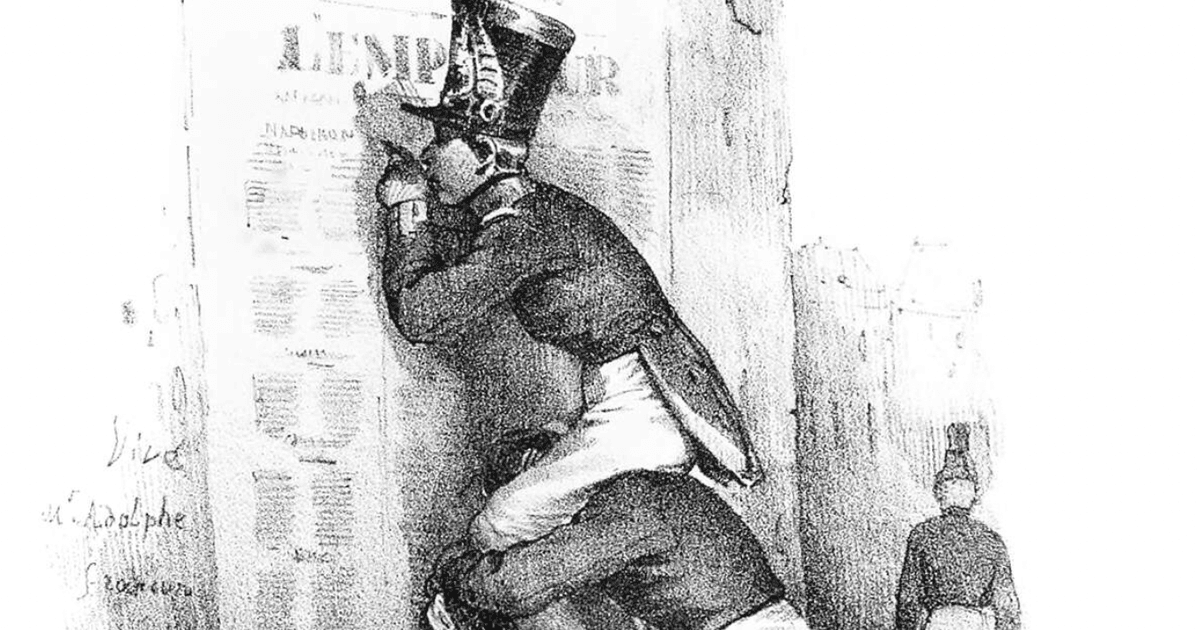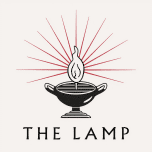I do not worry overmuch about having lost the plots of novels—even of superior novels—because I am confident that they have nonetheless left a rich deposit in my mind of a kind that, I like to believe, goes well beyond recollecting the details of their plots.
This deposit is in part a considerable broadening of my experience. The broadening takes place in various realms. I have read histories of the Napoleonic wars, but the genius of Leo Tolstoy, in his battle sections of War and Peace, has put me in those wars in ways no straight historical account—numbering casualties, discussing strategy, toting up geopolitical significance—can hope to do. The belle époque of late nineteenth-century France, including much about it that was a great deal less than belle, is nowhere better on view than in Marcel Proust’s In Search of Lost Time. The peculiar feeling of displacement and yet dignity that accompanies the immigrant experience in America is on display nowhere more vividly than in the novels and stories of Willa Cather. While I may not be able to report back in detail all I have learned from them, these and other novels have enriched my own experience in countless ways.
In skillful hands, the novel can give us greater insight into history than history itself does. One could, for example, put together a list of novels that would tell more about the history and psychological condition of the United States than a general history of the subject. For me this list would include The Last of the Mohicans, The Scarlet Letter, Uncle Tom’s Cabin, Moby-Dick, The Red Badge of Courage, The Portrait of a Lady, McTeague, Sister Carrie, The Great Gatsby, My Ántonia, An American Tragedy, Main Street, the Snopes trilogy, Native Son, the Rabbit novels.
The knowledge—and with luck occasional touches of wisdom—that one acquires through reading novels differs from that acquired reading history, biography, science, criticism, scholarship, and all else. For one thing, it is less exact; for another it has no use outside itself. The knowledge provided by the best novels is knowledge that cannot be enumerated nor subjected to strict testing. Wider, less confined, deeper, its subject is human existence itself, in all its dense variousness and often humbling confusion. Reading great novels comports well with the best definition of education I know, that set out by the poet and Eton master William Johnson Cory, which runs:
A certain amount of knowledge you can indeed with average faculties acquire so as to retain; nor need you regret the hours you spent on much that is forgotten, for the shadow of lost knowledge at least protects you from many illusions. But you go to a great school [I would insert here “you read great novels”] not so much for knowledge as for art and habits; for the habit of attention, for the art of expression, for the art of assuming at a moment’s notice a new intellectual position, for the art of entering quickly into another person’s thoughts, for the habit of submitting to censure and refutation, for the art of indicating assent or dissent in graduated terms, for the habit of regarding minute points of accuracy, for the art of working out what is possible in a given time, for taste, for discrimination, for mental courage, and for mental soberness.
The Lamp Magazine | How to Re-read
On losing the plot.












